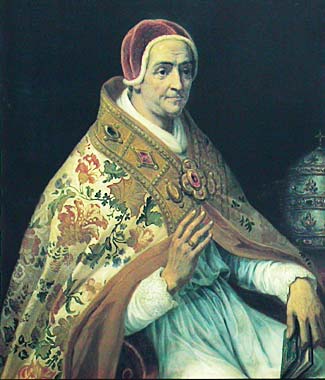Today we do another battle. But not just any battle, or one with a funny name. One with absolutely profound consequences for our way of life. Salamis, on September 22, 480. No Salamis, no classical Greece, one might say. And no classical Greece means no open society today.
It’s amazing how much of what we regard as the beginnings of our secular heritage, from the philosophy of Plato, Socrates and Aristotle to the drama of Sophocles and Aeschylus to the architecture of the Parthenon took place in this very brief period between, say, the overthrow of Hippias in Athens in 510 BC to the death of Alexander the Great in 323.
Now you may be objecting here that I just threw a lot of marble at you. And it’s true. But here’s the thing. It may be all Greek to us today. But it was all once a staple of education in Western society, not just in school but at home, in conversation, even in church.
Where did it all go? How did we lose interest in our heritage if not by losing interest in its results, becoming so focused on our failings that we lost sight of the fact that the great defect of the West is not living up to its ideals whereas the great defect of so many other societies is the ideals themselves.
Certainly that is true of the Persian Empire that, under the god-emperor Xerxes, sought to conquer the free city states of Greece early in the 5th century BC and very nearly succeeded. In Persia there were no rights for the common person, nor indeed for the rich, whose property was as liable to be seized on an imperial whim or their head cut off as the humblest peasant. There was no dignity for the individual, no spirit of inquiry, no toleration of dissent, let alone admiration for it. And there were, not coincidentally, no citizen-soldiers.
In Greece there were. And it is they who rallied, after a long string of ominous defeats against a numerically far superior foe and after the annihilation of the Spartan rearguard at Thermopylae and of the main Greek armies at Artemisium and the conquest of much of Greece, they nevertheless rallied to Themistocles’ call to confront the mighty Persian fleet.
What’s more, as free people, they bickered and squabbled and argued their way, right up the battle, to a strategy that actually turned the Persians’ superior numbers against them in the narrow straits of Salamis and decisively crushed Xerxes’ navy. (For more on this, as so often, see Victor Davis Hanson’s inspiring Carnage and Culture.)
The mighty Xerxes went home, leaving his general Mardonius to crush these annoying turbulent insolent commoners. Instead the next year at Plataea his army was badly beaten, as was his fleet at Mycale. The Persians left and never again attacked the Greek mainland.
It is a date we should celebrate if we love the right to question authority. It’s not some new radical thing. It’s embedded in our heritage right at the base of those Doric columns. And paradoxically we should today question the radical skeptics who are the new voice of orthodoxy. Because the point of questioning isn’t to undermine everything. It’s to separate truth from error. And sometimes the truth is that tradition had it right.
Chant from on high: “Question authority!” Twerp in crowd: “Why?” Because the messy, rowdy, dynamic Western heritage of individualism is as much worth defending today as it was at Salamis.







